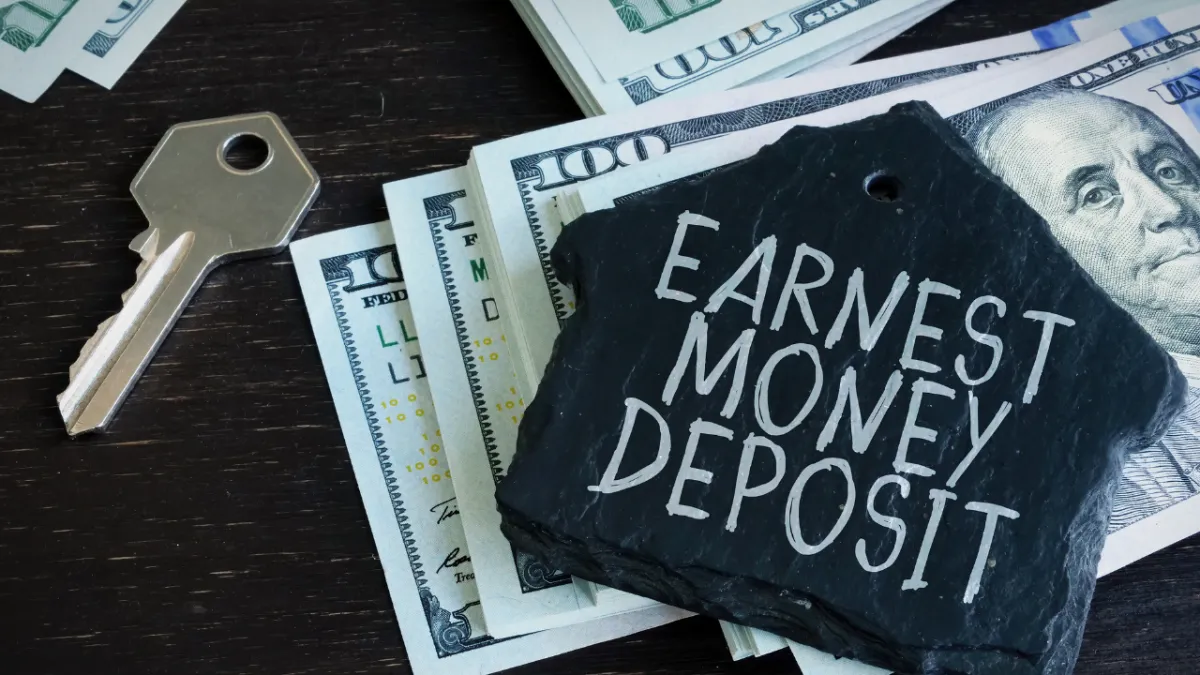
Understanding Earnest Money in Real Estate Transactions
When navigating the complexities of buying a home, one of the critical components you'll encounter is the concept of earnest money. This financial commitment acts as a gesture of good faith from the buyer to the seller, signaling a serious intent to proceed with the purchase. Below, we'll explore what earnest money is, how much it typically amounts to, and why it's essential to protect this investment.
What is Earnest Money?
Earnest money is a deposit made by a potential home buyer to demonstrate their serious interest in purchasing a property. This deposit is typically made when the buyer and seller agree to a purchase agreement but before the sale is finalized. The purpose of earnest money is not only to reassure the seller of the buyer's intent but also to provide a measure of financial assurance that the buyer is committed to the transaction.
How Much Should You Expect to Pay?
The amount of earnest money can vary significantly based on the local real estate market, the price of the home, demand in the market, and the customs of the area you're buying in. Generally, it ranges from 1% to 3% of the purchase price. For example, on a $300,000 home, earnest money could be anywhere from $3,000 to $9,000. In highly competitive markets, buyers might need to offer larger earnest money deposits to make their offers more attractive to sellers.
The Importance of Protecting Your Earnest Money
Protecting your earnest money is crucial because it represents a significant financial investment and is at risk if the deal falls through under certain conditions.
Here are a few tips on how to protect this important deposit:
Understand the Contract:
Before you sign anything, make sure you thoroughly understand the terms and conditions of the agreement. Pay special attention to any contingencies that allow you to back out of the deal without forfeiting your earnest money, such as issues found during a home inspection or difficulties securing financing.
Set Realistic Deadlines:
Ensure that the timelines for inspections, appraisals, and securing a mortgage are realistic. This can prevent being forced into a quick decision or risking your earnest money because you can't meet an unrealistic deadline.
Work with Professionals:
Employ the services of a reputable real estate agent who will keep track of the transaction to provide valuable advice, help negotiate terms that protect your interests, and spot potential red flags before they become serious issues.
Document Everything:
Keep records of all communications and documents related to the home purchase. This can be invaluable if a dispute arises that leads to a claim on your earnest money.
Be Ready for the Unexpected:
Real estate transactions can be unpredictable. Being financially and mentally prepared for issues that may arise helps manage stress and decision-making pressure, safeguarding your earnest money deposit.
Earnest money is a crucial part of the home buying process and acts as a safeguard for both the buyer and the seller. By understanding its purpose, knowing how much to offer, and taking steps to protect this deposit, you can navigate your home purchase with confidence.
Remember, every real estate transaction is unique, and what applies in one situation may differ in another. Always consult with real estate professionals who can guide you based on your specific circumstances and the local market conditions.
If you're ready to purchase your new home, be sure to call us at iTech Real Estate Services! 385-402-7025
